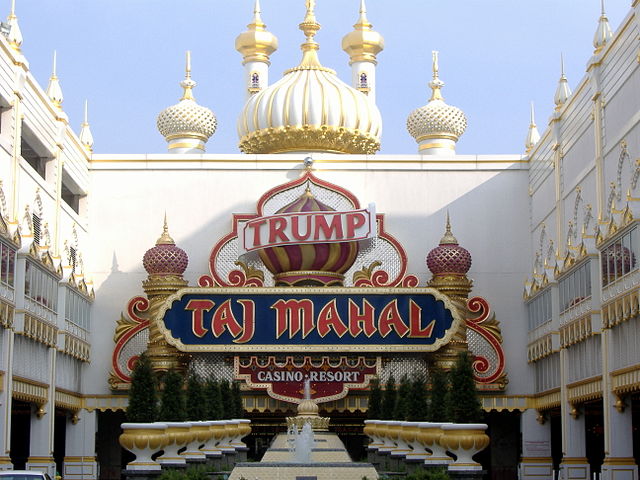And it’s worse when I try to remember

Trump contract economy:
The U.S. economy contracted in the first three months of 2025, as businesses rushed to stock up on imports ahead of the Trump administration’s tariffs and consumer spending slowed.
The Commerce Department said U.S. gross domestic product—the value of all goods and services produced across the economy—fell at a seasonally and inflation adjusted 0.3% annual rate in the first quarter. That was the first contraction since the first quarter of 2022.
Consumer spending, the economy’s main engine, rose at a 1.8% pace in the first quarter, the smallest increase since mid-2023. Spending by the federal government fell as the Department of Government Efficiency cut jobs and contracts.
But the main driver of the first-quarter contraction was Trump’s trade war. Net exports, the difference between what the U.S. imports and exports, subtracted nearly 5 percentage points from headline GDP. That was the biggest quarterly drag from net exports on record dating back to 1947.
And this is before anything like the full impact of Trump’s policies kick in:
Other readings look scarier. Bookings for new journeys between China and America plummeted by 45% year-on-year in the week beginning April 14th, according to Vizion, a data firm. The number of blank sailings, when a vessel skips a port or a carrier runs fewer ships on a route to even out the service, has risen to 40% of all scheduled trips. Pricing data suggests trade flows are being reshuffled. The cost of sailing between Shanghai and Los Angeles has fallen by about $1,000 a container in the past month, according to Freightos, a logistics company, as businesses have gone from front-running the tariffs to avoiding them. The price for ferrying goods from Vietnam to America has risen by a similar amount, suggesting importers have been looking for alternative suppliers.
Trade shocks take a while to propagate through the economy, meaning that the full extent of the damage may still be some time away.Companies can rely on their inventories for a time, for instance; demand for bonded warehouses, which allow firms to store goods near ports and pay customs only when they are released, has surged. Many firms are also opting not to raise prices—which in theory they should do, to ration their stockpiles—because they are bound by pre-existing contracts or want to preserve relationships with customers in case Mr Trump changes his mind. And a 90-day pause on the most extreme tariffs on other Asian countries will give importers a chance to shuffle production. Apple plans to source more iPhones for the American market from India rather than China, for instance.
Don’t worry, though, because if you exchange money for goods and services you want you’re actually getting ripped off. And if I recall correctly American voters have never had any particular objection to paying higher prices.
At least we now have two Hall of Famers to provide the soundtrack for Trump ruining the humming economy he inherited in a remarkably short period of time, with the strong support of most of the American business community.


